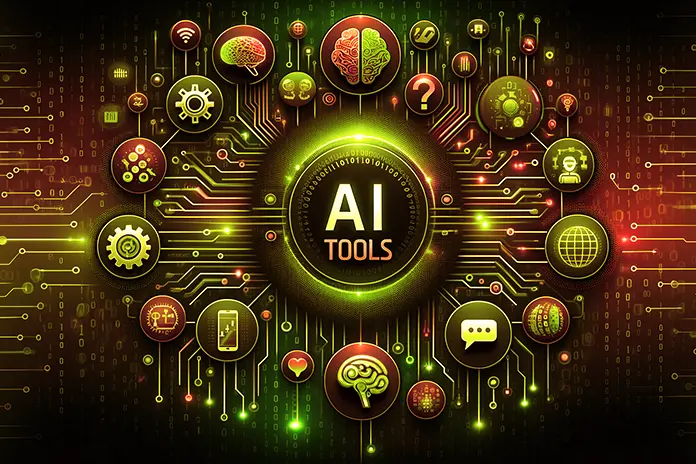Artificial intelligence (AI) is no longer just a futuristic concept. It’s now part of everyday work life. From small businesses to large corporations, AI tools are streamlining processes, cutting down repetitive tasks, and helping people focus on what really matters. Whether it’s writing assistance, customer service chatbots, or automation in data entry, AI is proving that it can make work faster and smarter. The beauty of these tools is their adaptability. They’re not limited to one industry. Instead, they’re reshaping how you approach tasks across nearly every sector, big or small.
Smarter Communication and Collaboration
One of the biggest ways AI is making life easier is through communication tools. Think about email filters, meeting transcription apps, and smart scheduling assistants. These tools eliminate small but time-consuming tasks that often distract employees. With AI taking care of routine chores, teams can focus more on creative and strategic work. Collaboration platforms now use AI to suggest follow-ups, highlight action points, and even analyze conversation sentiment. All of this helps teams stay on track without being buried under endless messages, reminders, or missed details during projects.
Streamlining Customer Service
Customer service has been transformed by AI-powered chatbots and support platforms. Instead of waiting for hours to talk to a representative, customers can get quick answers to common questions 24/7. For businesses, this means less pressure on support teams and more satisfied customers overall. AI tools can also recognize patterns in customer behavior, suggesting solutions before problems even arise. By combining speed with personalization, AI-driven service has become a core part of how businesses keep customers happy. It’s not perfect, but it’s improving every day, and saving companies huge amounts of time.
AI and Security in Workflows
AI isn’t just about making work faster. It’s also about keeping systems safe. Companies increasingly rely on intelligent tools to detect suspicious behavior or unusual activity before it turns into a problem. In fact, many organizations use managed detection and response services, with companies like Red Canary leading the way in applying AI to spot and respond to threats in real time. By automating parts of security monitoring, businesses reduce human error and improve reaction speed. For employees, that means working confidently without worrying that unseen risks are slipping through the cracks.
Making Data More Useful
Data is only valuable when it’s understandable, and that’s where AI shines. Modern AI platforms can take huge amounts of raw information and turn it into clear insights. Instead of spending hours creating reports, employees can now generate summaries with a few clicks. Predictive analytics tools go even further, helping businesses make smarter decisions based on trends that would have been impossible to notice manually. Whether it’s sales forecasts, inventory planning, or marketing analysis, AI turns overwhelming datasets into practical, easy-to-use guidance that helps people work smarter, not harder.
The Future of Everyday AI
AI tools are still evolving, but they’re already making a noticeable difference in daily workflows. As they become more advanced, they’ll take on even more responsibilities, perhaps scheduling complex projects, drafting detailed proposals, or even handling negotiations. The real advantage is how AI blends into existing processes, enhancing rather than replacing human work. By removing repetitive tasks and improving efficiency, AI frees people to focus on creativity and problem-solving. For businesses and employees alike, embracing AI isn’t about losing control. It’s about gaining time and unlocking new potential.



